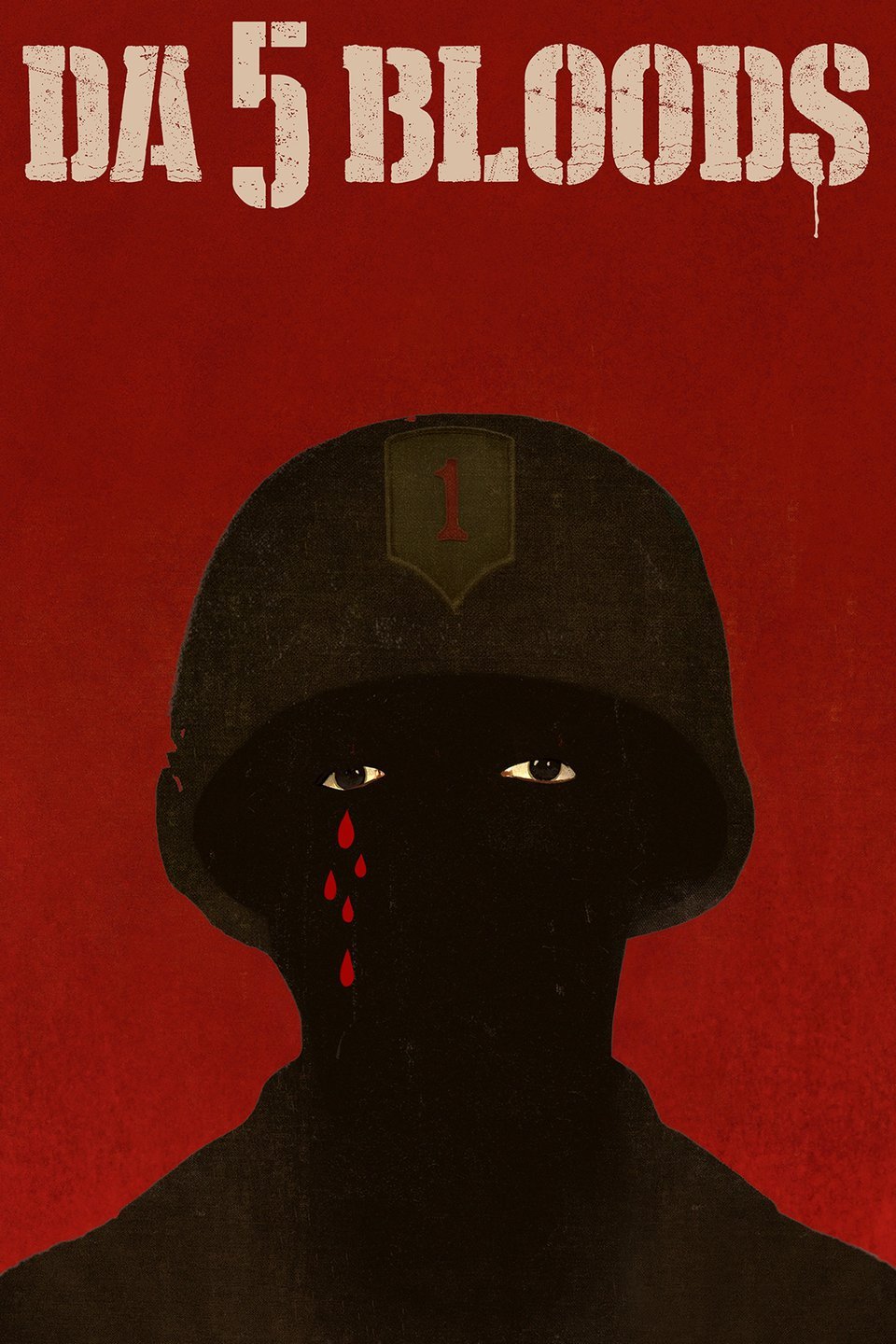Someone should remake Welcome II the Terrordome. Then again, there’s no way a version of Ngozi Onwurah’s 1994 indie dystopia film could be made now at a scale it deserves with any measure of the visceral rawness it needs. A movie like it simply isn’t allowed anymore, much as its’ politics and social themes are more relevant than ever. But I do like the idea of seeing this incredible vision rendered in a fashion most befitting its’ aims.
It’s a movie that was made on a tiny budget with few resources on the fringes of the British indie scene -and yet it did apparently manage to secure a theatrical release, making it the first film in Britain to achieve that directed by a black woman -still an extremely underrepresented group in British cinema. Onwurah did a good job with it given what she had to work with, her ambition far exceeding the capabilities afforded to her. It’s clearly a film shot on 90s handheld cameras, its’ picture quality generally sub-par, its’ art direction severely limited, and its’ sound mixing very spotty. It looks and feels like your typical low-budget shlock video fare, but this gives it an appropriate grungy attitude that meshes well with the rough aesthetic Onwurah is trying to capture. And it may well be the best written movie I’ve seen on a film of this level of quality.
It opens really interestingly on the Igbo Landing of 1803, wherein a collective of ethnically Igbo slaves brought to Georgia committed mass suicide by walking into the Dunbar Creek to drown. It’s presented in a kind of dreamy haze, as Igbo poetry is articulated over it. From there though the film transitions into its’ dystopian Britain, with segregated zones, an economy of drugs and gang violence, and an atmosphere of apartheid hanging overhead. It’s nicknamed “the Terrordome” by those who live there, largely black folks policed and preyed upon by white interlopers. At the centre of the narrative is Spike (Valentine Nonyela) an enforcer for gang leader Black Rad (Felix Joseph), his pregnant white girlfriend Jodie (Saffron Burrows), a source of significant controversy in this world, and Spike’s sister Anjela (Suzette Llewellyn).
All throughout the movie, Onwurah is in harsh conversation with topics of socially systemic racism, black power, gang violence, and miscegenation -often in direct ways. Clearly, her models are movies like Boyz n’ the Hood and Do the Right Thing, but applied to the U.K. and a blunt speculative scenario. The film doesn’t make clear how we got here, it is merely one course of many history could have taken, but there is the sense of a metaphor being expressed for the historical system of black oppression in Onwurah’s pointed choices. The ways in which the characters represent different viewpoints about this suppressing world, the role that the young Hector (Ben Wynter), Anjela’s child, plays and what ultimately becomes of him -and one especially brutal sequence in which Jodie’s abusive ex Jason (Jason Traynor) violently attacks Jodie to force a miscarriage. These scenes are really driving at something more symbolic in light of a plot that doesn’t have much consistent direction. Because this is more of a stylized window into the shape of the eternal black struggle than a story in its’ own right.
That’s not to say though that the film doesn’t tackle more immediate, unambiguous issues within the black socio-political sphere. It thoroughly casts its’ police officers as agents of white supremacy -even with a token black man among their ranks. The pipeline of drugs into the black community and the low standard of living also reflects situations in a reality away from this extremely ghettoized crime-ridden Britain. And of course coming from the mid-90s there’s a lot of protest gangsta rap in the soundtrack, much of it written for the movie and the specific contexts of its’ world. The music, which also includes traditional motifs, is honestly really good.
There’s a narrative of black empowerment through this film, as much as suffering is highlighted too. Where it ultimately goes narratively is extremely fascinating from a symbolic perspective, and where it ties back the Igbo Landing, it’s downright beautiful. The final images of this film are going to stick with me. Welcome II the Terrordome is a good companion to another piece I watched recently, Steve McQueen’s Small Axe anthology. Both speak explicitly to the black lived experience in the U.K., just in different contexts. If the response to Welcome II the Terrordome had been what it was for Small Axe though, the state of British black cinema might now be in a far better place.
Criterion Recommendation: Da 5 Bloods (2020)
Criterion Recommendation: Da 5 Bloods (2020)
 |
Support me on Patreon: https://www.patreon.com/JordanBosch
Follow me on Twitter: https://twitter.com/Jordan_D_Bosch
Letterboxd: https://letterboxd.com/jbosch/


Comments
Post a Comment